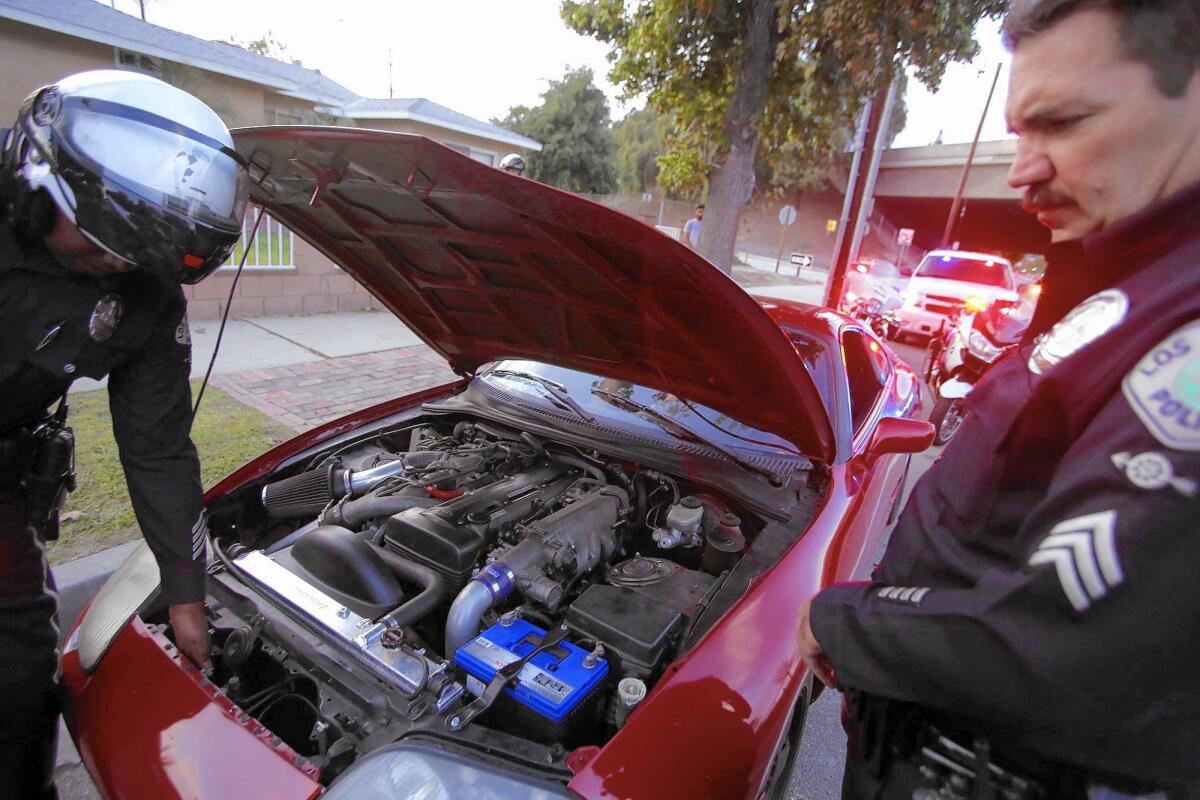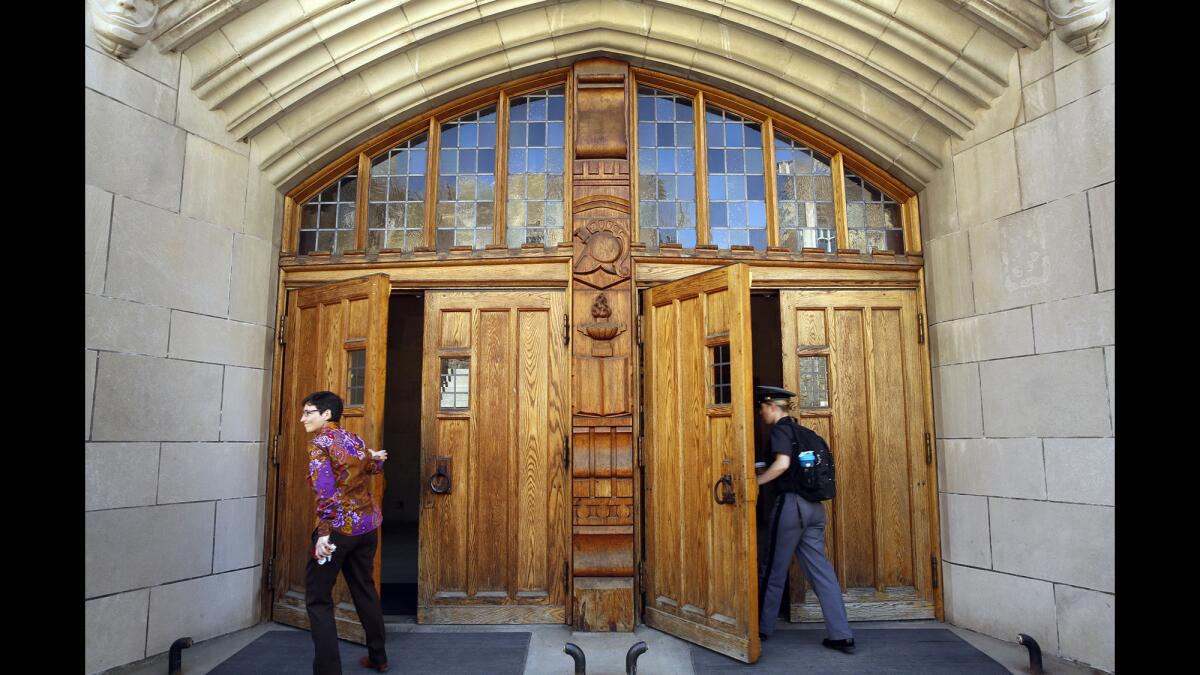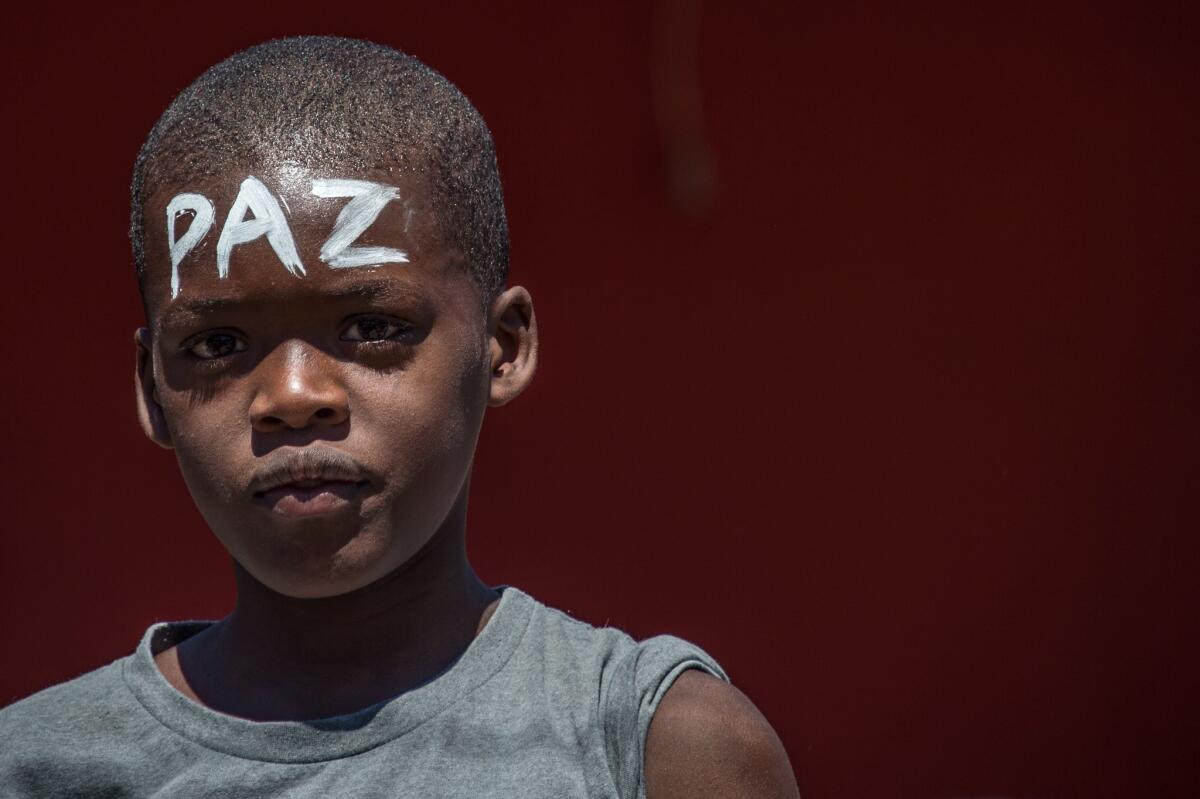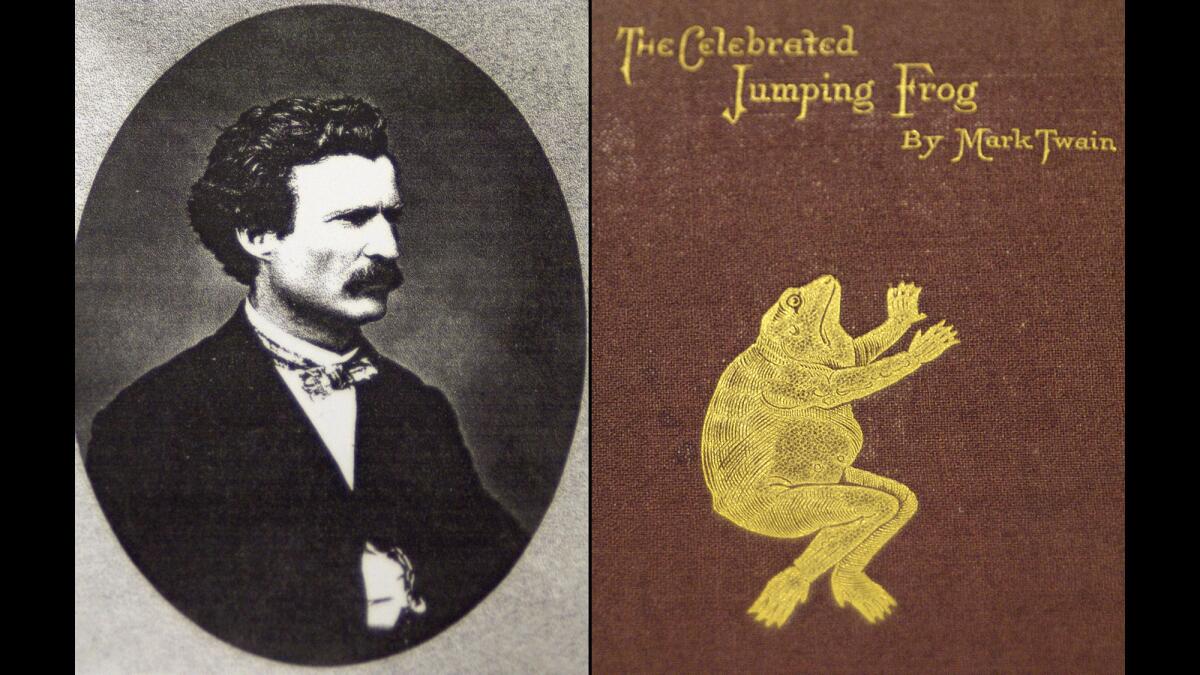Newsletter: Great Reads: Strap in for the Fast & Furious & fatal in L.A.
- Share via
Hi, there. I'm Kari Howard, and I edit the Great Reads (a.k.a. Column Ones) for the Los Angeles Times.
Two of my biggest loves are narrative journalism and music, and I'm lucky that my days are filled with both: When reading the stories, I get inspiration from songs I think fit the article's theme — a soundtrack.
Here are this week's Great Reads, plus their soundtracks.
Fast & Furious – for real, on the streets of L.A.
"135 ... 136 ... 140 ... 143!" Jonny shouted, reading his speedometer as he speeded down the 710 Freeway. From "Rebel Without a Cause" to the "The Fast and the Furious" films, illegal street racing is woven into Southern California's DNA — in movies and in real life. Now, in the wake of several fatal accidents, the LAPD is trying to put the brakes on the racers, one vehicle code violation at a time. Get an adrenaline rush as you cruise at high speeds into the shadowy, secretive world of illegal street racing.
The soundtrack: "Racing in the Street," by Bruce Springsteen. This is my second-favorite Springsteen song (after "Thunder Road") because it’s like a novel in a three-minute song.

Genaro Molina / Los Angeles Times
Shakespeare’s sonnets and the soldiers of tomorrow
They are the cadets of West Point, learning how to be the soldiers of tomorrow's wars. Then what is professor Elizabeth Samet doing telling them that the poets will outlive the warriors? On a stone and granite campus where tradition and rigidity are heirlooms, Samet draws on centuries of literature to teach prospective second lieutenants about the psychological puzzles and ethical ambiguities of war.
The soundtrack: "War on War," by Wilco. From one of the better-named albums of the 2000s, the legendary "Yankee Hotel Foxtrot."

Professor Elizabeth D. Samet has taught literature classes at West Point for nearly two decades.
Carolyn Cole / Los Angeles Times
From Ferguson to Rio’s favelas: Black lives matter
When a 10-year-old boy was shot and killed by police in a favela in Rio de Janeiro, residents of the slum found inspiration from the protests in Ferguson, Mo., and other cities and took a stand. Take a look at the stats: Every year, police in Brazil kill at least 2,000 people. Last year in the United States, a more populous country, about 600 people were reported killed by police. Even more striking is this admission by a military police colonel: "We've been involved in a brutal and stupid war."
The soundtrack: "1000 Deaths," by D'Angelo and the Vanguard. Critics and fans rightfully raved over the "Black Messiah" album, which came out in the wake of the Ferguson unrest.

A boy with the word “peace” on his forehead takes part in the march at Rio de Janeiro’s Complexo do Alemao favela to protest the police shooting death of a 10-year-old boy.
AFP/Getty Images
Mark Twain and the mother lode: How California made him a writer
He was a luckless prospector living in a ramshackle cabin on Jackass Hill. Samuel Clemens came out west to California's Sierra Nevada dreaming he'd make his fortune with a gold strike, but he ended up mining another vein: his writing talent. It all began with a tweet-length note about a frog so full of shot it couldn’t jump. When it was finally published as "Jim Smiley and His Jumping Frog," Mark Twain became a star.
The soundtrack: "Mining for Gold," by Cowboy Junkies. I don't listen to this album much anymore, but when I'm in the mood, it's perfect.

Photo of Mark Twain in 1865 and a first-edition copy of “The Celebrated Jumping Frog” story that gave Twain his first national success as a writer and humorist.
The most beautiful quote I've read in recent memory
It was spoken by a middle-aged mother in a remote Nepalese village after the earthquake. It has truth and beauty and poetry in it. And it pretty much sums up how I see life itself: "There is no other choice than to endure," she says. "No other choice than to somehow survive and no other choice than to be for someone else. There is no other choice than to hope. No other choice than to cry and regret and no other choice than to sit and laugh."
The soundtrack: "Roads," by Portishead. Orchestrally beautiful, with Beth Gibbons' spooky voice traveling over it all. Here it's the wonderful Roseland NYC live version.

Photographer Jay Poudyal, 35, started Stories of Nepal two years ago and has continued through the earthquake. He photographed and quoted this woman in Tinpiple, outside Katmandu: “There is no other choice than to endure. No other choice than to somehow survive and no other choice than to be for someone else. There is no other choice than to hope. No other choice than to cry and regret and no other choice than to sit and laugh.”
Jay Poudyal / Stories of Nepal
What I’m reading
I love this short, beautiful essay on loneliness, and the self-consciousness of loneliness. This paragraph is about so much more than just dancing: "I started to dance. I did the Twist. I twisted wildly. I tried not to picture myself. The song ended. Another began, a song I now know was "The Beginning of the Heartbreak," because I looked it up later. No one joined me. I pondered what to do. I decided I had to brazen it out. I twisted and twisted. I twisted until I got a stitch in my side, at which point I switched to the Pony, the Frug, the Swim, the Watusi. Then, when I couldn't think of any more dances, I just did the Twist again. Extemporaneous movement was out of the question. This was the longest song I’d ever heard."
I’m fascinated by the idea of living off grid, sometimes fantasizing about making a go of it, so this photo essay and interview with the photographer really struck a chord.
This deserves to be a movie: It's the story of twin New York socialites who went to France during World War I to volunteer as nurses. They survived the war, but the strain of what they saw undid them. On the trip home, they joined hands and jumped together off the ship to their deaths.
What’s on my bedside table
"How to be Both," by Ali Smith. A staggeringly talented Scottish writer.
What’s on my turntable
Although I spend most of my time listening with headphones to Spotify, sometimes I want to hear the needle touching down on vinyl. That's why I have a turntable in my office — and two at home (one inside and a battery-powered one outside when the weather's fine — which it usually is in Southern California). This week's vinyl: "Dusty in Memphis," by the great Dusty Springfield. One of my top 10 albums of all time.
Want to chat? Have a great idea for a Great Read? I'm @karihow on Twitter and kari.howard@latimes.com on email.
Sign up for Essential California
The most important California stories and recommendations in your inbox every morning.
You may occasionally receive promotional content from the Los Angeles Times.







